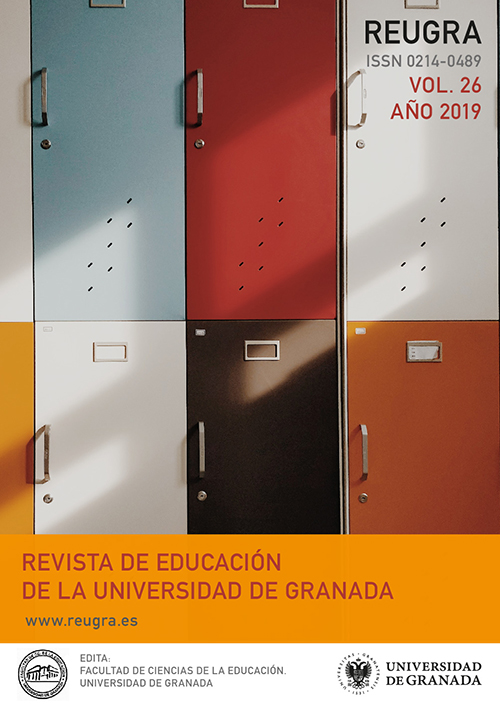Exploring Space-Time Metaphors for Coding Primary Languages
Main Article Content
Abstract
Actions accompanying spoken language support its retention and recall. This strategy may be harnessed for learning additional languages in primary school (PL). Associated codes enacted alongside spoken language harnesses the brain’s mirror system, enabling recall whenever the associated action is re-enacted, no matter by whom. Reliance on the orthographic form is potentially deleterious when establishing pronunciation. ‘Embodied cognition’ hypothesises that all input is represented within sensory and motor systems in learners’ conceptual processing (Mahon & Caramazza 2008), However, the disembodied cognition hypothesis questions the processing through these systems of abstract or symbolic concepts because of their different qualitative nature. Temporality is arguably an abstract concept because it is relative and unidentifiable within any particular sensory system. However, the space-time metaphors we conceptualise within the space around ourselves may be schematised to represent past, present and future, Indicating them within associated codes might extend pupils’ spoken repertoire and grammatical insights of tense.
Restricting PL learning to the simple present form limits language functionality and therefore its authentic use, including for bilingual or CLIL approaches. Explicitly learned PL grammar is challenging for early stages of cognitive development. However, aptitude for language phonology, said to peak aged 4, enables pupils to learn verb tenses in spoken form. In England, pupils (aged 6 – 7) conceptualise notions of present, past and future within English (National Curriculum 2014), and also past progressive L1 verb tenses. Support from associated codes enacted alongside rehearsed PL spoken forms would enable recall and retention.
This paper is a systematic literature review exploring space-time metaphors which harness body space as a code for temporality. The following section provides a brief overview of primary languages learning in England, in contrast to other European countries.



